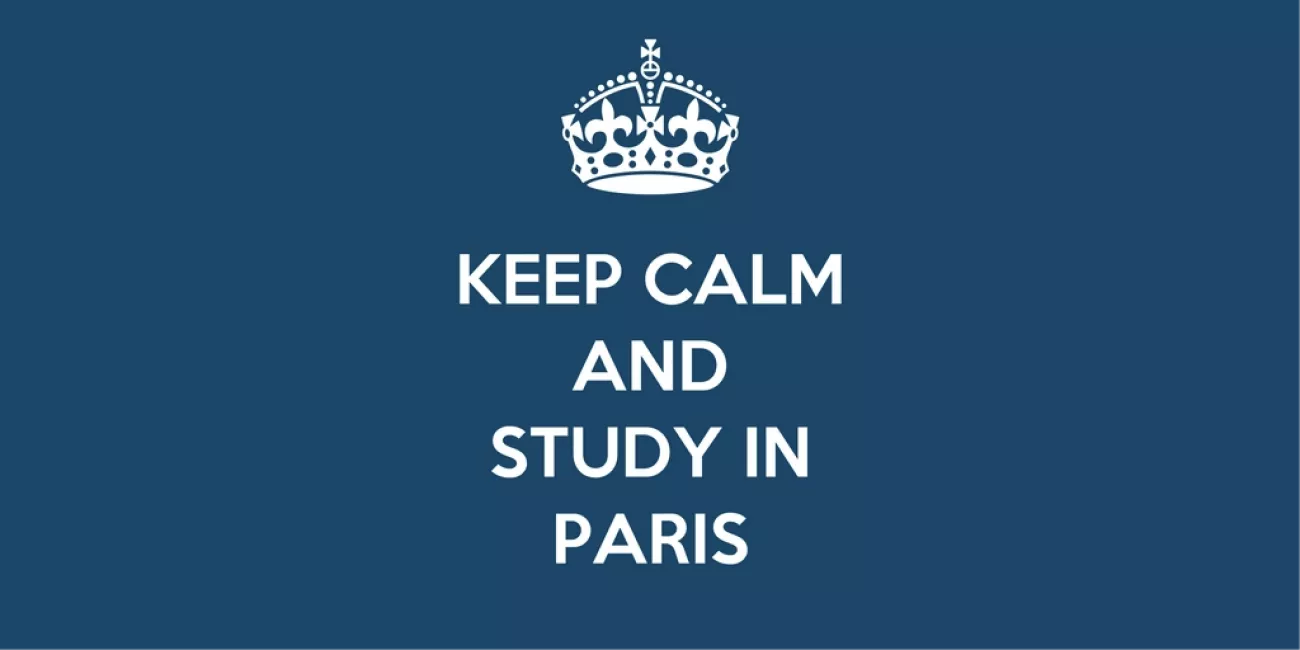From breathtaking weekend trips to quiet afternoons at a local café, studying abroad in Paris can be thrilling, eye-opening, rejuvenating, and sometimes exhausting. Despite the wonderful experience and excitement, studying abroad can be intimidating.
Luckily, there are several tips that students can use while studying at PSB Paris School of Business to help you stay safe, connected, and prepared no matter where you are.
Before your departure
Obtain an international insurance
Before you leave, check your insurance policy and make sure you are covered abroad. If not, you may contact a international insurance company to insure you during your stay. You will rest much easier in the event of an unexpected emergency or illness with the help of logistic and financial support.
Know the local laws
The laws in France could be quite different from those of your own country, and unfortunately ignorance is not a commonly accepted legal argument. Get informed and be conscious of the local laws in order to avoid any sticky legal situations.
Upon you arrival in Paris
Get a local SIM card
Cell phone services and internet accesses in France are cheap, simple and accessible. You can easily find contract free mobile plans allowing you to call, text and surf the web. Weather it is a quick phone call to a friend or being able to locate yourself within Google Maps, it is a worthy investment that will help you stay safe and connected in your new home. New students enrolled at PSB Paris School of Business can also request a free Sim Card at the PSB International Office.
Register with your local embassy
Each embassy keeps a list of their citizens currently living in the host country. In the event of an emergency, they will provide assistance and guidance to all their citizens. They may also send updates, advice, and warnings for any relevant local situation. They will also help you for little enquires such as loosing your passport.
Find your Embassy in Paris and make sure to register as soon as you arrive.
Register your local contact information with your home and PSB International Office
Once you get settled in your new city, reach out to both your home university and your coordinator at the PSB International Office or study abroad program and let them know how to get in touch with you. Don’t forget to include your new local cell phone number, address, email, and any emergency contacts you want to include. We are here to support you, whether you need a restaurant recommendation or urgent assistance, so make sure you stay in touch!
Dowload the SAIP Application
The Government has deployed on 8th June 2016, a free mobile application, SAIP (système d’alerte et d’information des populations) that allows you to gain notification in case of major crisis. This service aims at strengthening security in France. The alert is activated as soon as the user is located, or between, in an area at risk thanks to geolocation.
Dowload the app:
- Apple Store
- Google Play
Keep people posted
Always make sure someone knows where you are. Don’t forget to keep your family and friends at home posted on any of your travel plans by sharing your flight information or accommodation details so that they know how to check in with you during your trip.
Know the local emergency number
Knowing the local emergency number is simple but critical. It could make the difference in a unexpected situation. For example the emergency number in the US is 911. In Europe the number is 112.
Emergency Numbers in France
• SAMU (Ambulance): 15
• Police: 17
• Fire: 18
• General Emergency: 112 (EU-wide emergency number that will contact emergency services in any EU country or language; have this number on hand while traveling around Europe!)
Use common sense!
Keeping yourself safe often comes down to common sense such as avoiding to walk alone at night, paying attention to your surroundings and being prepared for an unexpected situation. Following these recommendations will help you during your stay and build your network in the case of an emergency.
Feel free to contact your PSB International Office International Coordinator if you have any questions.
Check out our Study Abroad Programs

Read also
- Tips for Living in Paris While on Study Abroad
- Dealing with the Day-to-Day Challenges of Studying Abroad in Paris
- Creative Ways to Stick to Your Budget While Studying Abroad in Paris


